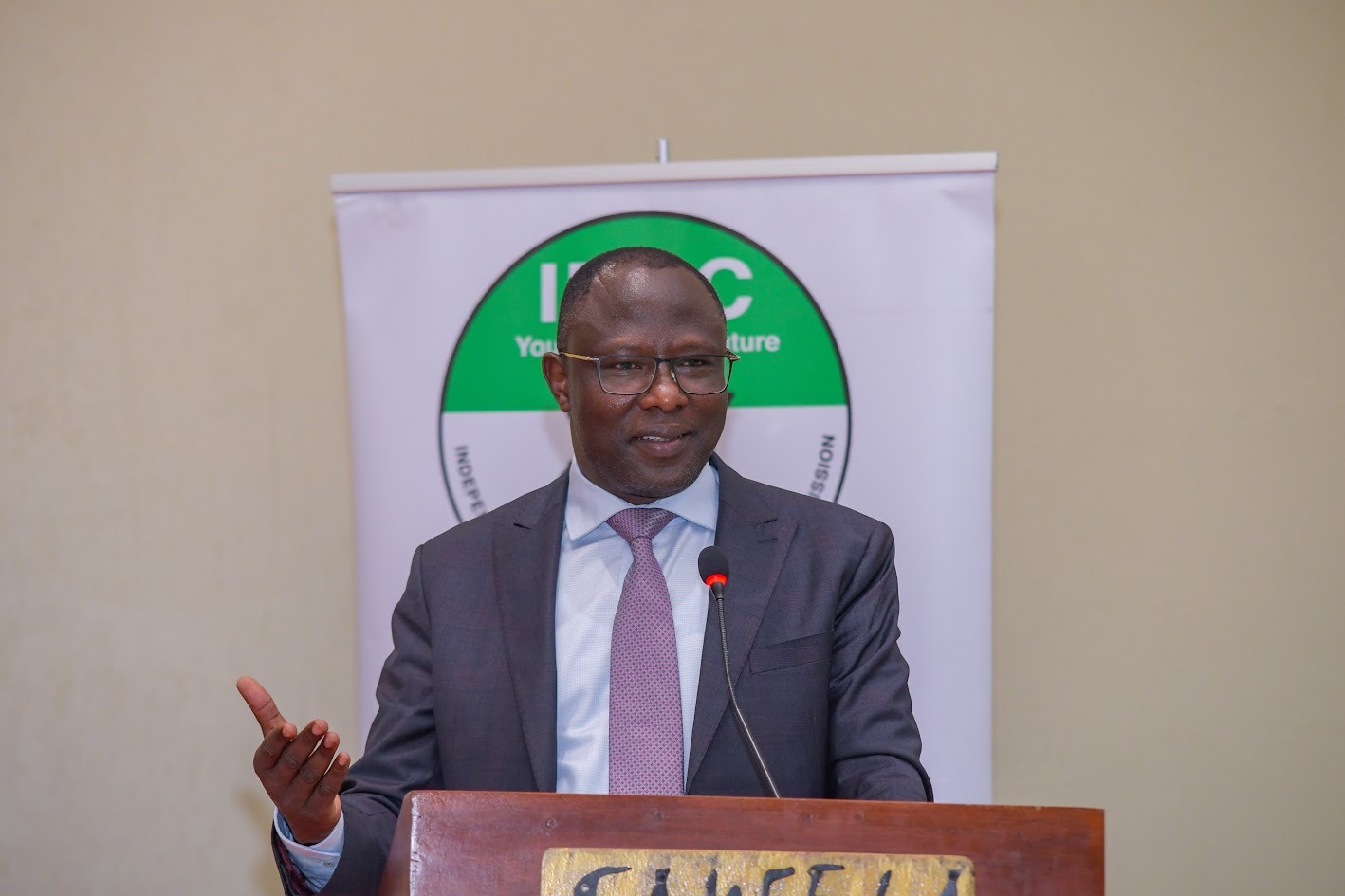Study finds new rectal cancer treatment could lower recurrence rates and avoid surgery

The study, conducted at Uppsala University in Sweden and published in eClinicalMedicine, found that TNT led to tumour disappearance rates that were double those achieved with earlier treatments
A recent study has uncovered a new treatment for locally advanced rectal cancer (LARC) that could significantly reduce the risk of recurrence and potentially eliminate the need for surgery.
The approach, known as Total Neoadjuvant Therapy (TNT), combines short-course radiotherapy with multiple rounds of chemotherapy.
More To Read
- Ruto announces increase in cancer treatment cover to Sh800,000 under SHA from December 1, 2025
- Study finds Covid-19 mRNA vaccines may boost cancer immunotherapy
- Breast cancer: Warning signs and why early diagnosis saves lives
- MPs pledge to raise cancer treatment cover to Sh1 million amid concerns over inadequate SHA funding
- New study links oral hygiene to pancreatic cancer risk
- How cancer misinformation exploits the way we think
Locally advanced rectal cancer means the cancer has grown beyond the rectum into nearby tissues or organs but hasn’t spread to distant parts of the body. This stage of cancer is more serious because the tumour is larger or has spread to local areas around the rectum.
The study, conducted at Uppsala University in Sweden and published in eClinicalMedicine, found that TNT led to tumour disappearance rates that were double those achieved with earlier treatments. Specifically, the rate of tumour disappearance increased from 14% to 28%, with no increase in recurrence rates.
Colorectal cancer, which affects the colon and rectum, is common in Kenya and ranks among the top 10 cancers in the country, according to a publication by Aga Khan University Hospital.
Researchers followed 273 patients with high-risk LARC across 16 hospitals from July 2016 to June 2020, and another 189 patients at these and additional hospitals during the same period. The new treatment technique may lessen the need for major intestinal procedures and their accompanying problems.
Sweden, with a population of around 10.5 million, reports approximately 2,000 new cases of rectal cancer each year, with about one-third being at high risk for recurrence. Traditionally, initial treatment involves extensive radiotherapy or a combination of radiotherapy and chemotherapy, with surgery often required to remove parts of the bowel. This can lead to issues with bowel control and necessitate the installation of a stoma.
Dr Bengt Glimelius, PhD, lead author of the study and professor of oncology at Uppsala University, stated, "TNT’s capacity to directly target tumours could make surgery unnecessary. This would preserve the rectum and avoid needing a stoma and its complications."
Dr Anne Mongiu, MD, PhD, FACS, FASCRS, co-director of the colorectal surgery program at Yale Cancer Center and Smilow Cancer Hospital, explained that TNT’s approach represents a significant shift. "Total Neoadjuvant Therapy (TNT) involves administering a full course of chemotherapy and chemoradiotherapy before surgery, rather than afterwards. This method improves compliance with chemotherapy and increases the likelihood of achieving a complete pathological response, where no residual tumour is found post-surgery."
Dr. Nilesh Vora, MD, a board-certified haematologist and medical oncologist, noted the novelty of TNT. "Neoadjuvant therapy before surgery ensures better adherence to treatments and improves the chances of reducing the tumour size before surgery," he said.
Regarding global accessibility, Dr. Glimelius confirmed that TNT could be implemented worldwide. "TNT has shown effectiveness in international trials involving seven countries, including the U.S.," he noted.
However, Dr. Mongiu cautioned that economic and infrastructural challenges could affect availability in lower-income countries.
"While TNT could be accessible globally in theory, disparities in healthcare infrastructure mean that first-world countries typically offer it, while lower-income countries may face difficulties with the required resources and equipment," she said.
A publication by Aga Khan University notes that in Kenya, there were approximately 1,354 new cases and 937 deaths from colorectal cancer in 2018. The disease begins when cells in the lining of the colon or rectum start growing uncontrollably, forming tumours that can be either malignant (cancerous) or benign.
Colorectal cancer often begins as a non-cancerous polyp that can become cancerous if not removed. Key risk factors include age (especially over 50), family history, genetic factors, smoking, heavy alcohol use, poor diet, lack of exercise, and obesity.
World Health Organization (WHO) notes that colorectal cancer is the third most common cancer globally, accounting for approximately 10% of all cancer cases. It is also the second leading cause of cancer-related deaths worldwide. This type of cancer predominantly affects individuals over the age of 50. Regular screening from age 50 is recommended to detect the disease early.
Lifestyle factors that contribute to the development of colorectal cancer include high consumption of processed meats, low intake of fruits and vegetables, physical inactivity, obesity, smoking, and excessive alcohol use.
Colorectal cancer is often diagnosed at advanced stages, which limits treatment options.
To mitigate the risk and impact of colorectal cancer, the WHO recommends adopting a healthy lifestyle, avoiding known risk factors, and engaging in regular screenings.
Common symptoms include diarrhoea, constipation, blood in the stool, abdominal pain, unexplained weight loss, fatigue, and low iron levels. Early stages of the disease may not present noticeable symptoms.
In 2020, it was estimated that there were over 1.9 million new cases and more than 930,000 deaths worldwide due to colorectal cancer.
The incidence and impact of this cancer can be significantly reduced through primary prevention strategies, such as maintaining a healthy lifestyle, avoiding risk factors, and undergoing regular screenings for early detection.
Top Stories Today













































